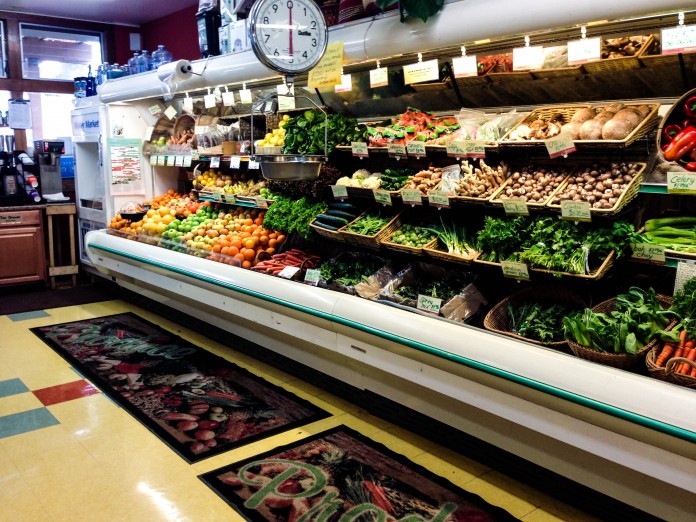Sarah Beaver
Midterm season is upon us, Gauchos, and we all know what that means: late nights and endless studying to pull off those grades you know you can get. It’s no secret that many students consume ridiculous amounts of caffeine (whether it be in the form on coffee, energy drinks, or soda) in order to stay up into the wee hours of the night to study, but are there really certain foods and drinks that help people concentrate?
According to the popular health and wellness website, WebMD, there are.
First, if you’re simply looking for something to make you more alert during a late-night study session, foods containing sugar and caffeine may help with this. However, keep in mind what kind of foods you are eating when trying to get some sugar or caffeine into your system. Overconsumption of caffeine can make you “jittery and uncomfortable,” and eating unhealthy snacks can be detrimental to your overall health. Eating something like an orange or having a small cup of coffee or caffeinated tea can enhance concentration for small periods of time.
When asked what foods help her study, first-year English major, Claudia Perez said, “I usually go with pineapples and strawberries to help me concentrate,” said first-year English major Claudia Perez when asked which foods help her study. Her roommate, first-year environmental studies major Olivia Luyckx, prefers Jamba Juice on her trips to the library.
The second source of brain food, according to WebMD, is none other than fish. Fish contains omega-3 fatty acids, an important part of brain function and development. For the best results, WebMD recommends eating two servings of fish on a weekly basis.
Third, to contribute to a healthy brain, you can eat “up to an ounce” of nuts and chocolate each day. Nuts contain the antioxidant Vitamin E and have been shown to have a correlation with “less cognitive decline.” Many say that eating a small piece of chocolate before a test will help you do better, and there may actually be some truth behind this. Chocolate, the dark variety in particular, contains antioxidants, and the small amounts of caffeine in chocolate works in the same way as caffeine from other sources.
Fourth, foods that provide a healthy blood flow, such as whole grains and avocados, can also help with concentration since the blood flow stimulates brain cells. Whole grains also contain Vitamin E, and avocadoes contain a healthy source of fat.
The last source is not so much a type of food, but a lifestyle choice. University of California, Santa Barbara’s Student Health Nutritionist, Betsy Reynolds-Malear, says that there are not really any proven foods that will help you with concentration on the spot, but overall healthy and consistent eating can help you in the long run.
“The worst thing you can do is under-eat,” says Reynolds-Malear. Your brain needs glucose to concentrate, so not eating enough food deprives your brain of its fuel.
While things like energy drinks and caffeine help some people, it may not be the best way for you specifically to focus. Make sure to eat a balanced diet, exercise, and get plenty of sleep to ensure efficient studying.











